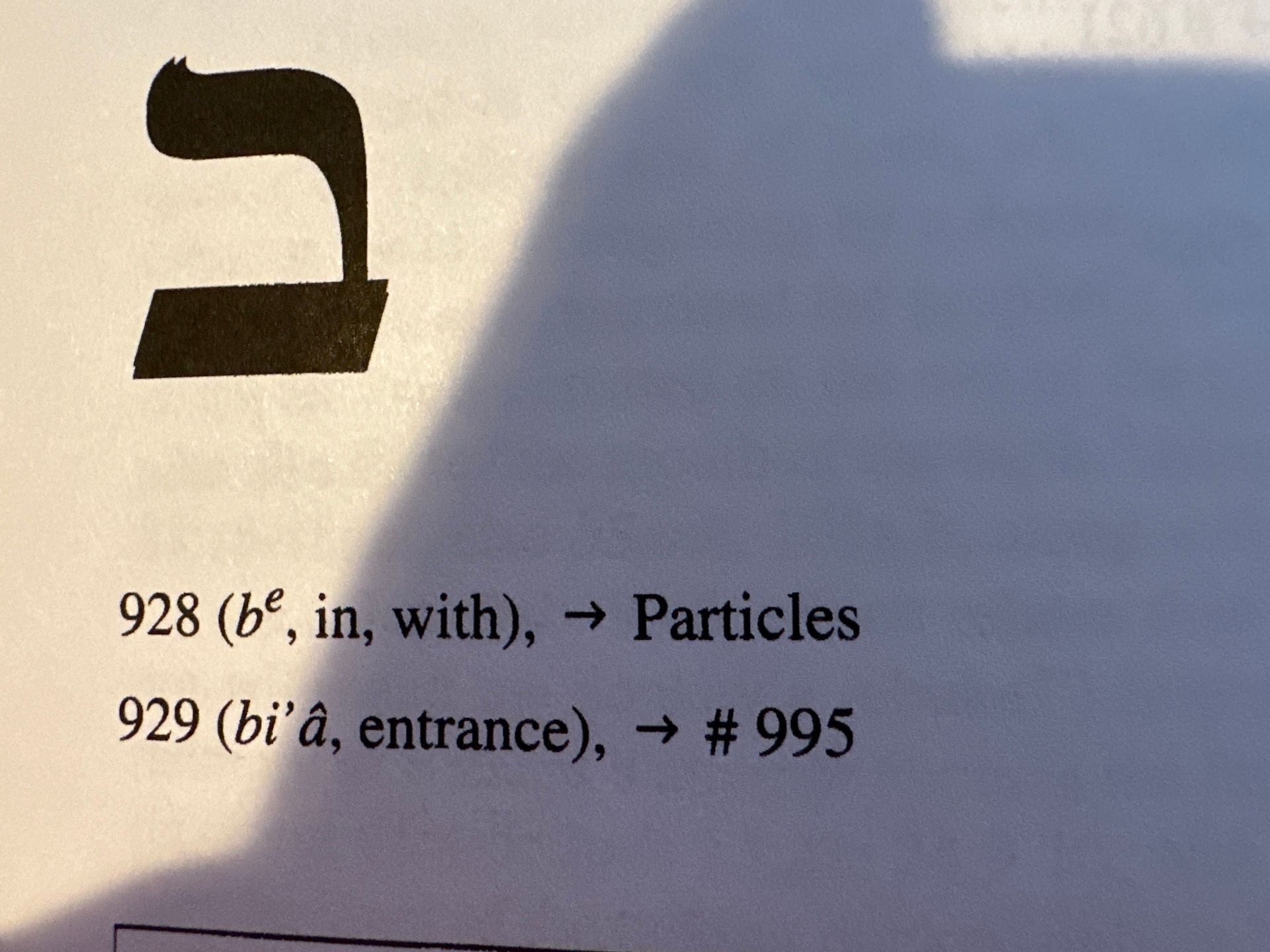Misused Scripture 5: Genesis 3:16, Men Ruling Over Women
Genesis 3 goes by lots of names: The Fall, The Curse, the starting place of Original Sin, the Loss of Innocence. It's a story you may know about a talking snake, a forbidden fruit, and a woman who eats that fruit.
God finds out, takes the legs off the snake, curses the ground, and—you may have heard this as well—curses the woman.
How does God supposedly curse the woman? Mainly two things. First, by making childbearing painful. And secondly, by decreeing that the man will rule over the woman.
This verse has been used for centuries in Christianity to prove that men are meant to lead or have headship over women. It is proof that the patriarchy is God-given and is simply the way things are meant to be. However, there are a few issues with that interpretation.
First, Genesis 1 and 2 plainly and clearly do not assign any hierarchy by gender. Genesis 1:27-28 says that all of humanity, along the entire spectrum of gender, male to female, and anyone beyond or in-between, is granted co-regency by God. It says God blessed them (all of humanity) and said to them, "Master and take charge of the earth." No gender roles assigned.
Genesis 2 states that the isshah, the woman, is made of the exact same stuff as the ish, the man. She is created from the side of the man, which is a metaphor for—get this—along-side-ness. It would take an exegetical fool to read this and then try to make that mean some kind of hierarchical relationship between male and female. The author is making it as obvious as possible—they are equals.
The woman is called the man's ezer kenegdo. It translates as a "helper-which-is-similar-to-the-one-who-is-being-helped." And before saying, "A ha! Helper! She's subservient to the man," it might be helpful to know that the Hebrew word ezer (helper) is used most frequently in the Hebrew Bible about God.
So, Genesis 3:16 "and he should rule over you" is not describing God's intent for gender relationships. It's an aberration. The way things are not supposed to be. And Christians, of all people, should be at the forefront of feminist causes, pushing back against any patriarchal or sexist energy that keeps men in charge and women not. According to 2 Corinthians 5, Christians are meant to be new creation folks. The old creation is going away. We certainly shouldn't be trying to prop it up.
But...this is all assuming that Genesis 3:16 is meant to be read as a curse. Which I'm not positive it should be. Genesis 3 makes no mention of sin, fall, innocence, or even the word curse. The theological idea of "a Fall" came much later than the composition of Genesis 3.
Don't get me wrong. There are clearly consequences of Eve and Adam's forbidden fruit extravaganza. The garden must be left. The advent of genitalia shame has arrived. The snake loses its legs.
But if you look at the language, God does not curse the humans themselves. The earth outside the garden will make it difficult for agriculture to be successful. And there will be an increase in both work and a Hebrew word that can variously mean either pain or sorrow.
So, what God tells Eve is, "Your work and your conceptions will greatly increase. Childbearing will be sorrowful." I imagine this is because of the continual existential threat of survival in the world now.
But it's the last phrase of verse 16 that I (and other Hebrew scholars) think has been mistranslated for so long, ironically enough, because of sexism and patriarchy. It's usually translated that the man will rule over you. That word over is translating the Hebrew preposition "b-." And if you go look up the preposition "b-" in a Hebrew lexicon, do you know what it says?
"With."
Which dramatically changes the meaning of the phrase!
He will rule with you.

All that to say, Genesis 3:16, if you read it as a curse, it's a description of the harmful effects of patriarchy and sexism that Christians need to be fighting against as New Creation people. Or, if it's not a curse, it's a reaffirmation of what Genesis 1 and 2 already said—we humans, all of us—we are equal. We lead, endure pain, and survive together.




Member discussion